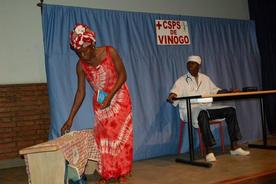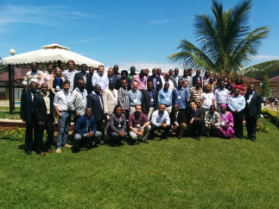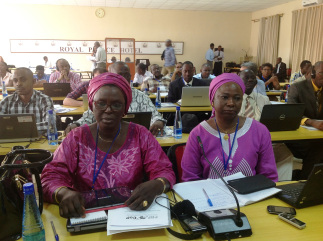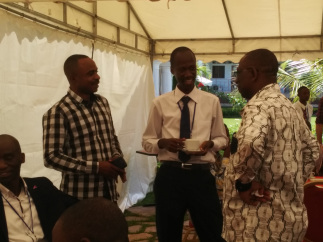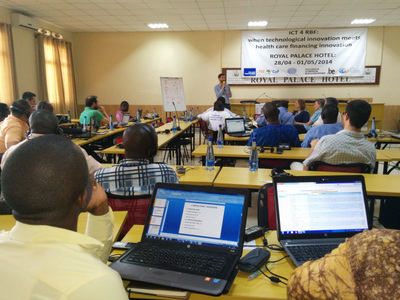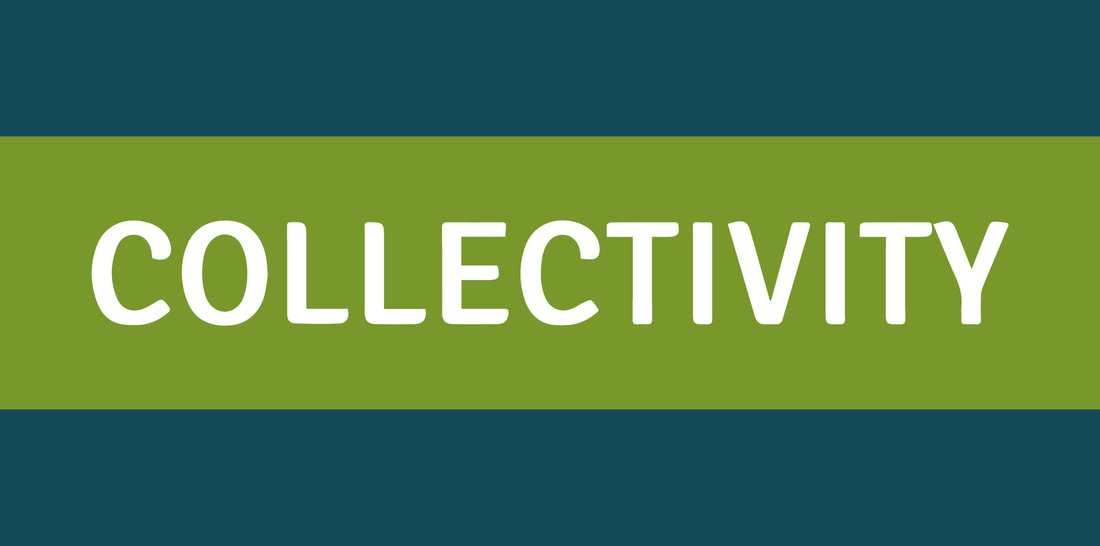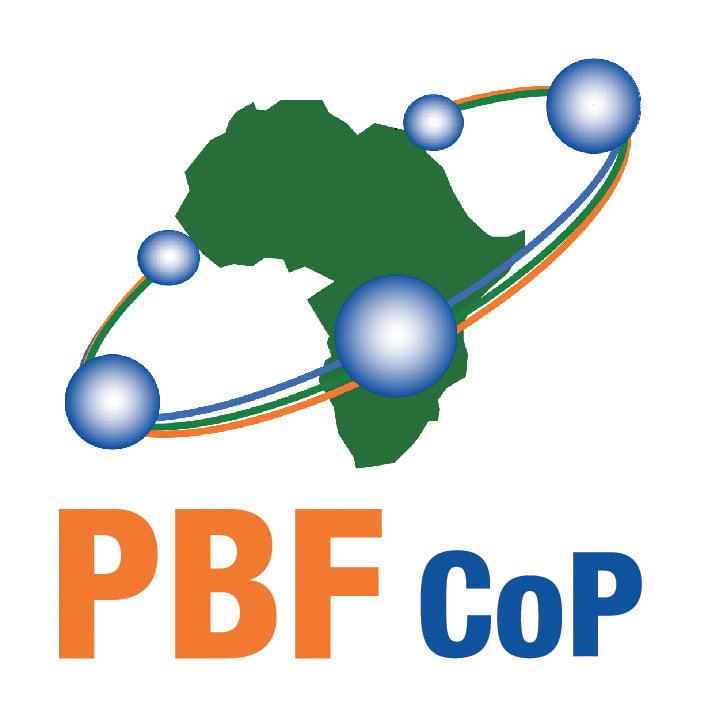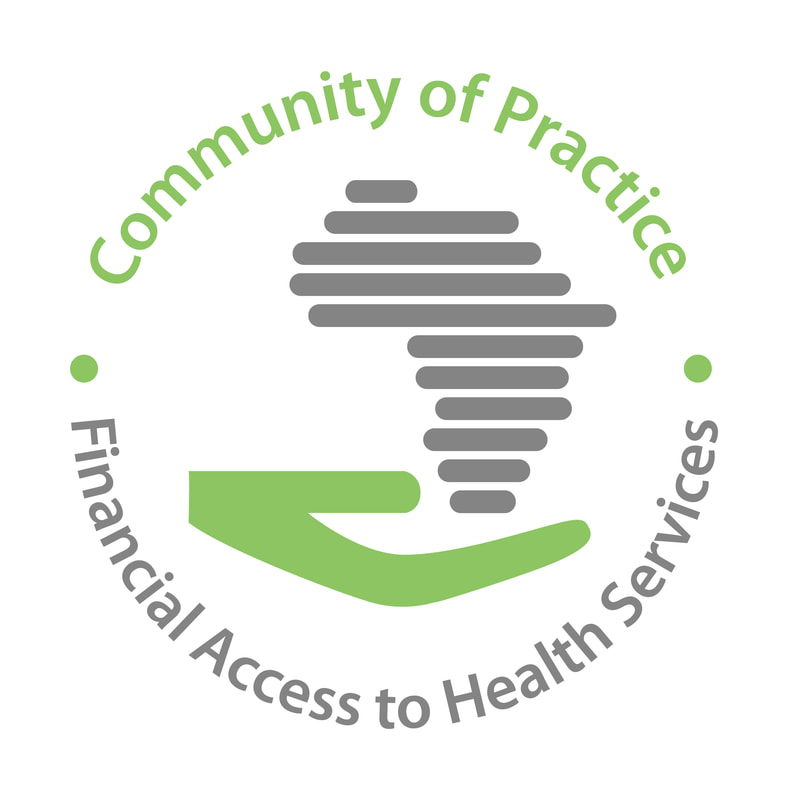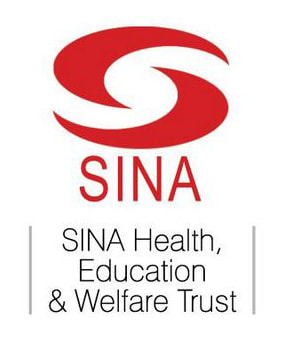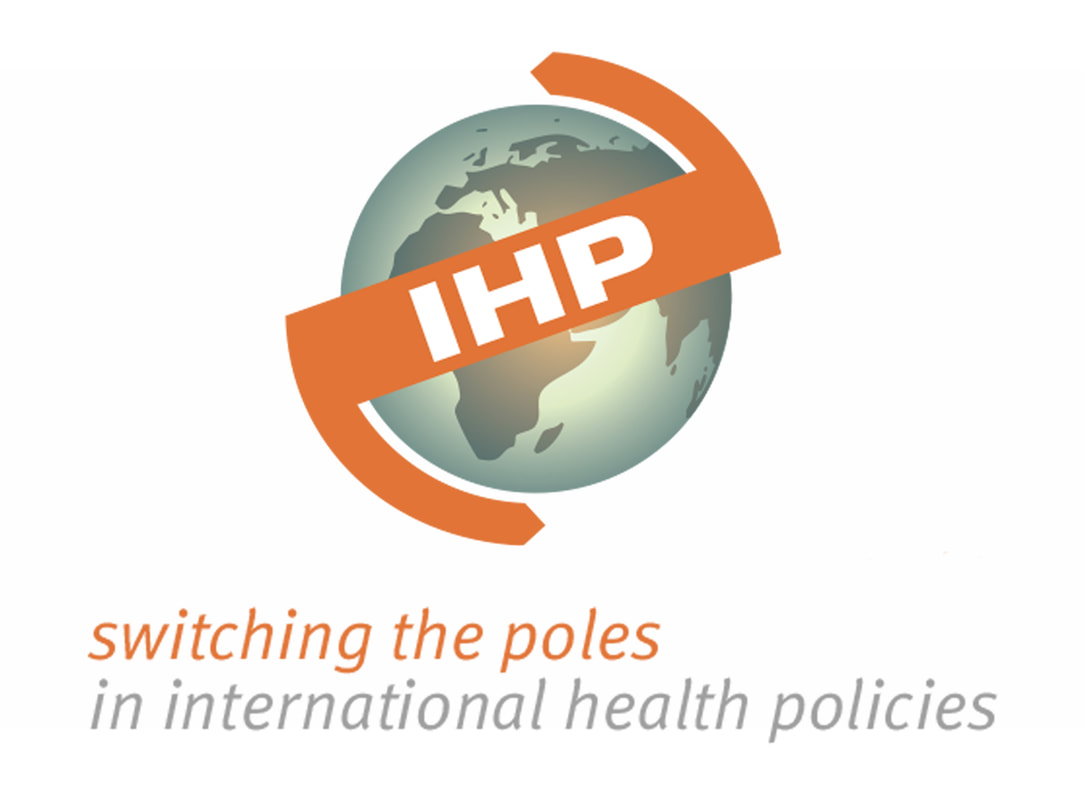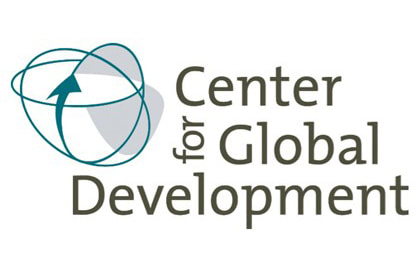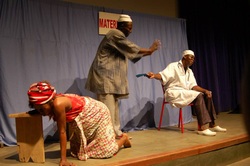
From November 25 till 28, 2013, a regional conference on exemption policy for maternal health services in Africa took place in Ouagadougou, Burkina Faso. A few weeks before the event, Fabienne Richard, a FEMHealth researcher, contacted the organizers with a rather innovative idea: what if we invited a theatre group who would create a play based on some of our research results? You can have a look at the play here. In this blog post, Fabienne reflects on this highlight of the conference.
The Community of Practice Financial access to Health Care gathered in Ouagadougou in November 2013 in order to discuss financial barriers to maternal care. The CoP is well known for going “off the beaten track” and for proposing formats of discussion other than the traditional power point presentations and panels. The CoP is also known for involving, as much as possible - one can still do better – civil society. That is how the idea occurred of presenting certain results of the FEMHealth research in a theatre performance open to the public, comprising both CoP participants and common people. This has been made possible thanks to the collaboration of the NGO Asmade which already realised several plays on health (some of them have been presented in Europe) and the Burkinabe theatre group, La Main d’As.
The performance in Ouagadougou
The socio-anthropologists of the FEMHealth project have all contributed to the content of the play by providing to the stage director, user experiences reported to them by women and their families interviewed during the FEMHealth research. La Main d’As and ASMADE then wrote a 45-minute theatre play which tackles the barriers to maternal care from three angles: lack of transport and the difficulties of getting access to the reference centers in case of emergency, the financial obstacles that persist, despite implementing a ‘free’ health care policy, and finally the attitudes of some providers which can also be a health care barrier, as is well known.
The play was performed for the first time in November 2013 at the French Cultural Centre in Ouagadougou. It was followed by a very animated debate. Although some people thought the play was a bit of a caricature, several people in the room confirmed that this was exactly what they had experienced as parents or as professionals and that it was good to be able to discuss this.
An invitation for a discussion
So, exaggerated or true to reality? That is not the question. Important is that the play does not leave anybody indifferent, and that it sparks a discussion. This play can be performed with very little resources in districts, neighbourhoods and villages and it is a very good way to start discussions on these issues. It is important to have, in addition to a facilitator, a number of resource persons available who can respond in an objective way to the questions of the participants without immediately going for simplistic black and white explanations, with on the one hand the not very friendly providers, and on the other hand the “exploited” users. It is always important to reframe the ‘barriers to health care’ issue in more political and systems terms (e.g., what can we improve in the training of the providers and in their work environment to avoid certain behaviour?) because this does not take place at the level of individuals (only). A lot of the dysfunctions of health services - even when reflected in the relationship provider-caretaker - follow from dysfunctions in health systems or are due to policies that are absent or were never implemented.
As of now available on Youtube!
In order to share the experience, we decided to film the play. As of now it is online, cut into different subjects. You can find the films here. The play has been translated and subtitled in English in order to allow a larger distribution, so we invite you to watch it, discuss it and distribute it as widely as possible! We particularly hope that you will use it in your trainings and workshops.
